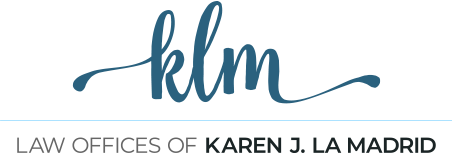A revocable trust (often known as a revocable living trust or living trust) enables you to maintain control over assets while you’re alive. The primary purpose of a revocable trust is to avoid probate, which is beneficial to your heirs. This enables you to pass down your assets in the manner you choose.
With a revocable trust, you can transfer assets such as real estate, bank accounts, investments and personal property into the trust. You would typically serves as the initial trustee, but must designate successor trustees and name beneficiaries who will receive the assets upon your death.
Benefits of a revocable trust
You can modify, amend or revoke the trust during your lifetime, as long as you’re mentally competent. Once you die, the contents of the trust are distributed according to the instructions you included during the trust creation.
A revocable trust can help maintain privacy because, unlike a will, it generally doesn’t become part of the public record since it doesn’t have to go through probate. The details of the trust, including the assets and beneficiaries, can remain confidential. Remember, this is only one component of a comprehensive estate plan.
If you become incapacitated, your designated successor trustee can step in and manage the trust assets on your behalf. This can help you to avoid the need for a court-appointed guardian or conservator.
A revocable trust doesn’t offer the same level of asset protection or tax benefits as an irrevocable trust. Since you retain control over the trust and its assets during your lifetime, the assets in a revocable trust may be subject to estate taxes because they’re technically part of the estate. Additionally, the assets in a revocable trust may be vulnerable to your creditors. It’s crucial to have experienced legal guidance as you develop you revocable trust and other documents in your estate plan
